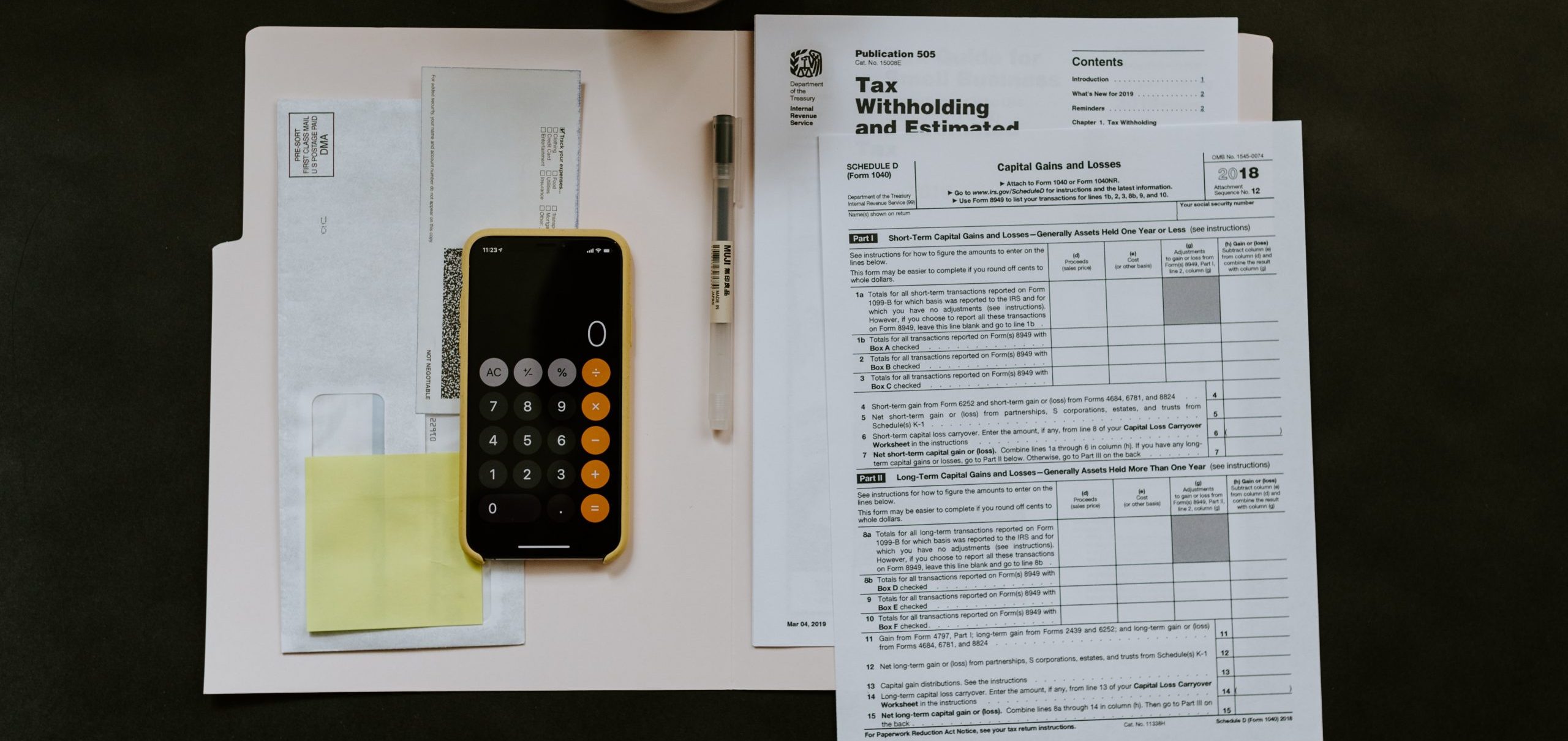What is illegal possession of property? How is the illegal possession of property handled?

1. What is illegal possession of property?
Unauthorized possession of property, which is understood as the intentional failure to return to the owner, the lawful manager or not to hand over to the responsible agency the property, antiques or objects of historical value, culture that is mistakenly delivered or found or captured by oneself after requesting to receive such property in accordance with law.
2. What is the crime of illegally appropriating property?
According to the provisions of Article 176 of the 2015 Penal Code, the crime of illegally possessing property is understood as follows:
“1. Those who deliberately fail to return to the owner, the lawful manager or fail to hand over to the responsible agency property valued from VND 10,000,000 to under VND 200,000,000, relics, antiques or objects has historical or cultural value that is mistakenly delivered or found or captured by the owner, after the owner, lawful manager or responsible agency requests to receive such property back in accordance with the provisions of law. law, shall be subject to a fine of between VND 10,000,000 and 50,000,000, a non-custodial reform for up to two years or a prison term of between three months and two years.
2. Committing the crime of appropriating property valued at VND 200,000,000 or more or national treasures, the offenders shall be sentenced to between 01 and 05 years of imprisonment.”
Accordingly, illegal possession of property is understood as the deliberate act of not returning to the owner, the lawful manager or not handing over to the responsible agency the property, antiques or objects of historical value. cultural history or culture that is mistakenly delivered or found or captured by oneself after requesting to receive such property in accordance with law.
3. Elements constituting the crime of illegally appropriating property
3.1. Objective side
The objective side of this crime has the following signs:
– About behavior.
There is an act (inaction) of deliberately failing to return property, antiques or objects of historical and cultural value to the owner or legal manager or failing to hand it over to the responsible agency.
The property, antiques, and objects of historical and cultural value mentioned above that the offenders possess, are acquired because they have been mistakenly delivered by others, found or caught by the offenders themselves (e.g., when they go fishing to catch them). relic…)
– In terms of property value.
The value of appropriated property must be from ten million dong or more to be examined for penal liability. For antiques or objects of historical and cultural value, the law does not provide a value as a basis for criminal prosecution because these are objects of extremely precious spiritual value that cannot be specifically valued. as normal assets.
Note:
In order to determine that they are antiques or objects of cultural and historical value, there must be an assessment conclusion of a competent agency or organization or a decision of a competent authority to recognize them as an antiquity before that. objects of historical and cultural value.
Wrongly delivered property is understood as property valued at 10 million VND or more or antiques with historical and cultural value mistakenly delivered by the deliverer. This confusion is entirely on the sender’s side. The receiver of the property does not have any fraudulent tricks, so that the transferor mistakenly believes that he hands over his property. If the recipient of the wrongly delivered property uses deceitful tricks to make the deliverer trust the wrong delivery, he/she will be examined for penal liability for fraud and appropriation of property.
The time of completion of the crime is counted from the time after the owner, legal manager or responsible agency (such as the Department of Culture and Information, the Museum, etc.) requests to receive the property back in accordance with regulations. of the law, but the possessor of property, antiques or objects of historical or cultural value still deliberately refuses to return.
This time may be immediately after a request to return property, antiquities, objects of historical and cultural value (if the requester makes the request is to pay immediately) or right after the expiration of the time limit. provided by the requester.
Thus, since the time of requesting to return the property ends, the possession of the above-mentioned objects by the requested person becomes illegal.
However, if due to objective circumstances such as storms, floods, serious illnesses, hinder the return of the above objects, the person possessing such objects shall not be held criminally responsible for this crime.
3.2. Objects
The above-mentioned offenses infringe upon the property rights of others.
3.3. Subjective side
The offender committed this crime with willful error.
3.4. Subject
The subject of this crime is a person with criminal capacity.
4. About punishment
The level of punishment for this crime is divided into two brackets, specifically as follows:
– Frame one (clause 1)
There is a penalty of a fine ranging from VND 10,000,000 to VND 50,000,000, non-custodial reform for up to 2 years or imprisonment from 3 months to 2 years.
– Frame two (clause 2)
There is a prison sentence of between 1 year and 5 years. It is applicable to cases of crime of appropriating property valued at two hundred million dong or more or animals and objects of historical and cultural value. goods of special value
Above is Khoa Tin‘s advice on “What is illegal possession of property? How is the illegal possession of property handled?”.
In case customers have unclear issues or need to discuss further, please call us immediately at 0983.533.005 for a free consultation.
Best regards./.
Latest news










